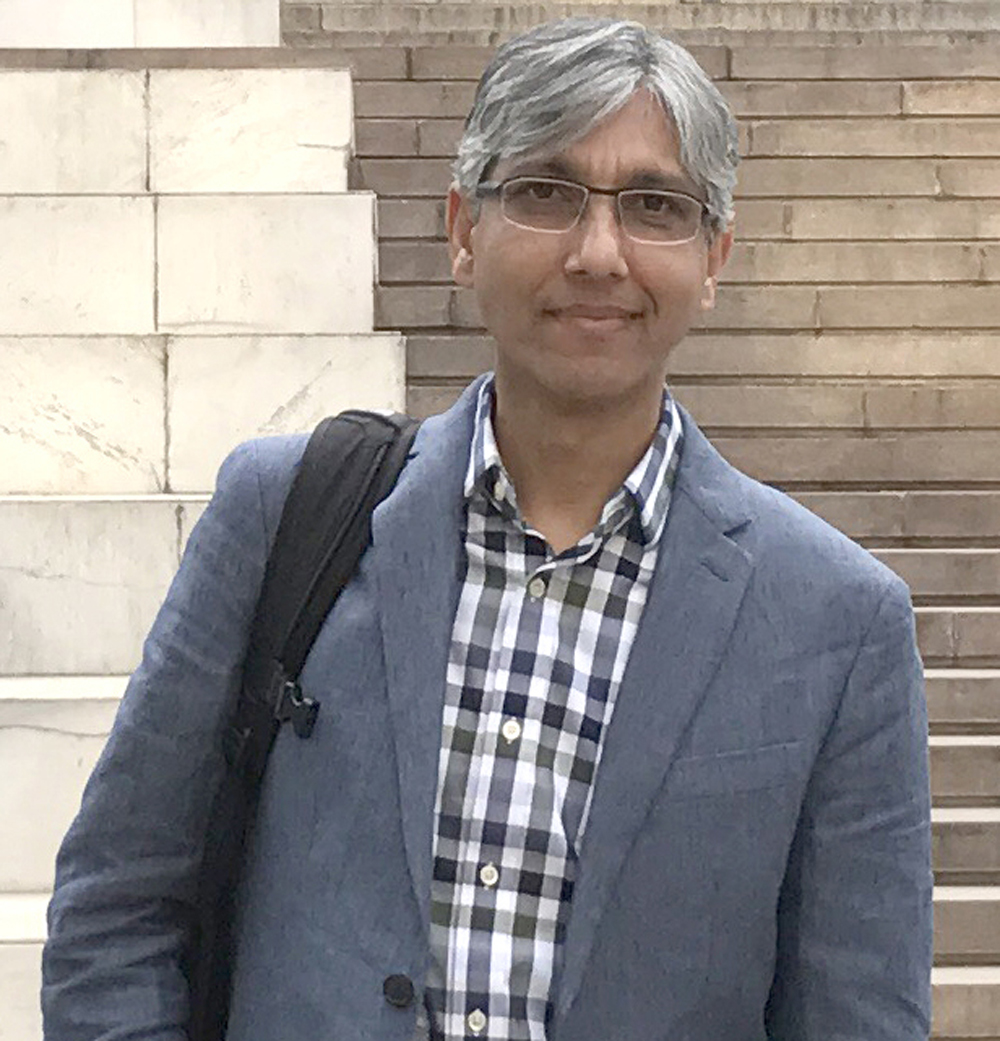Mechanisms of the autoimmune germinal center response in SLE
General Audience Summary
Dr. Rahman will use his Novel Research Grant to map out how the molecular pathways that govern antibody production areas called germinal centers differ in people with lupus from those in healthy individuals. Germinal centers are locations inside a person’s spleen and lymph nodes where immune B cells that make antibodies develop their ability to fight infections or, in the case of lupus, to attack a person’s tissues. Correcting the defects in lupus-related germinal centers could reduce or block the development of disease-causing B cells and the tissue-targeting antibodies they make that cause so much damage in people with lupus.
What this study means for people with lupus
Dr. Rahman’s research on germinal centers represents an novel target for understanding and, ultimately, treating lupus. Understanding the role of germinal centers in lupus should uncover new targets for drug development to complement existing therapies.
Scientific Abstract
Systemic lupus erythematosus (SLE) is an autoimmune disease that is characterized by high-affinity autoantibody production. Dysregulation in the germinal centers (GCs) that are spontaneously developed (spontaneous-GCs) in response to endogenous antigens including nuclear materials released from apoptotic cells promotes pathogenic high-affinity autoantibody production. Toll-like receptor (TLR) signaling is strongly associated with mouse and human SLE; however, the mechanisms by which TLRs promote SLE are not well defined. To identify the mechanisms of TLR7-mediated SLE, we treated B6.Sle1b mice, a strain derived from the NZM2410 SLE model, with a TLR7 agonist. We observed accelerated GC and autoantibody responses, along with increased nephritis in treated B6.Sle1b mice that are characteristic features of human SLE. Using this model, we found that type II but not type I interferon (IFN) signaling plays an indispensable role in TLR7-promoted GC and systemic autoimmunity development (Chodisetti et al., 2020 DOI: https://doi.org/10.4049/jimmunol.1901175). We are currently focusing on identifying the mechanisms by which the IFNgR-STAT1 and IL21R-STAT3 signaling pathways regulate two distinct stages of spontaneous-GC responses that are important for TLR7-driven SLE autoimmunity. Delineating such mechanisms will identify novel therapeutic targets in these pathways.




